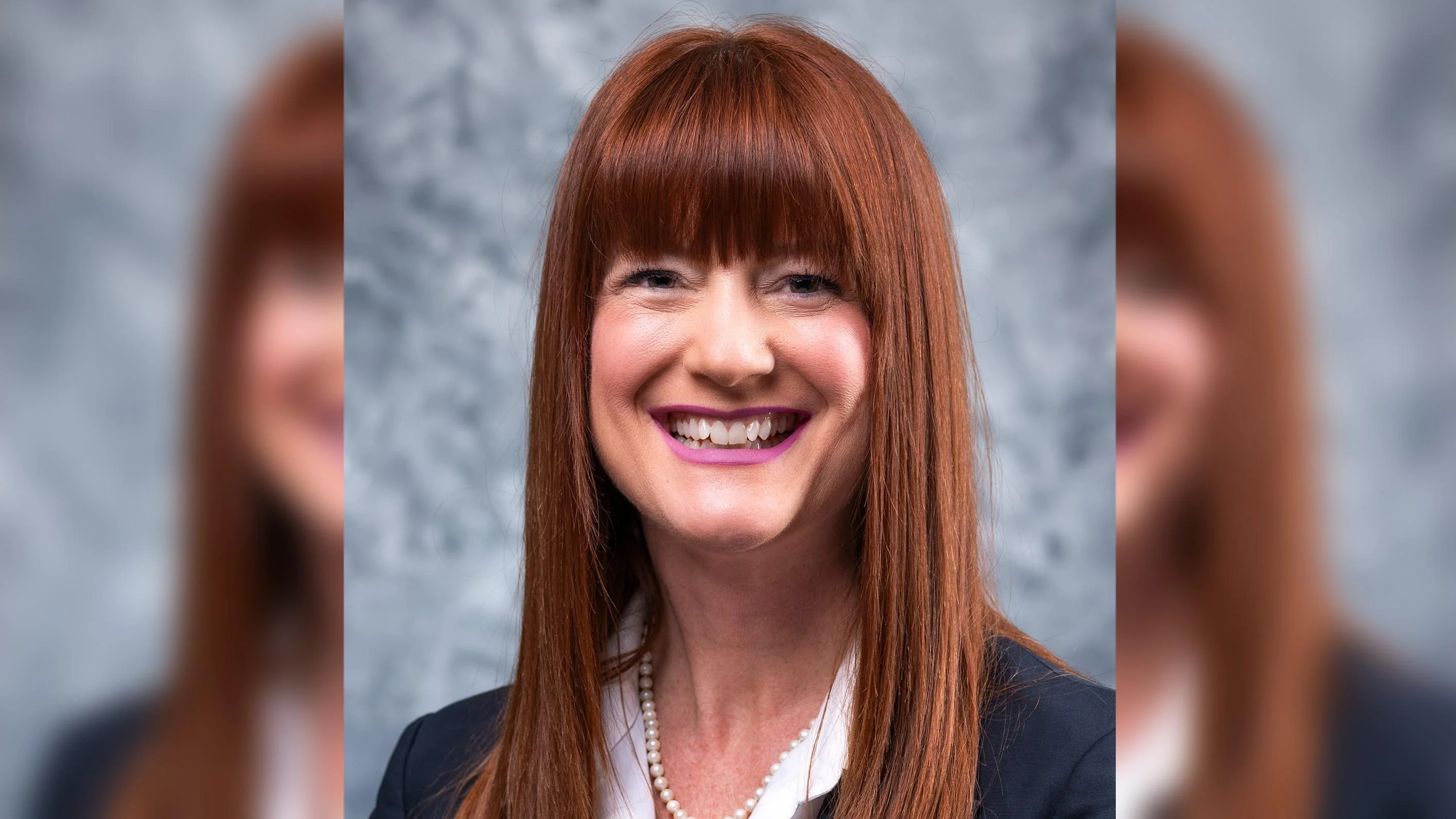Jean Ingersoll Chief Administrative Officer | Michigan Department of Health & Human Services Website
Jean Ingersoll Chief Administrative Officer | Michigan Department of Health & Human Services Website
The Michigan Department of Health and Human Services (MDHHS) is enhancing its collaboration with federally recognized tribes in the state through its Office of Tribal Government Services & Policy. This office aims to support tribal citizens by facilitating access to essential services and resources.
"MDHHS is dedicated to recognizing and honoring the sovereignty of tribal governments in Michigan, providing a clear path to accessing resources and continuing to strengthen our government-to-government relationships," stated Elizabeth Hertel, MDHHS director. "We are proud of the important work done by the Office of Tribal Government Services & Policy."
Michigan is home to 12 federally recognized tribes, each operating as a sovereign entity with unique governance systems. The state shares responsibility with these tribes for ensuring the health, safety, and welfare of their shared citizens.
The Office of Tribal Government Services & Policy focuses on addressing specific issues faced by tribal governments and Native American residents, aiming for equity in service provision across Michigan.
Significant achievements by the office include organizing a Tribal Health Care Workforce Summit aimed at strengthening workforce capabilities for tribal health centers. Additionally, they have developed protocols for environmental hazard notifications in collaboration with MDHHS's Division of Environmental Health.
Consultations have also been held with tribal staff to develop Medicaid reimbursement initiatives for doula services and community health worker programs. These efforts aim to reduce barriers and ensure adequate reimbursement for tribal health programs. The office will manage FY 2025 opioid settlement funds distribution to tribes.
Future plans involve resuming a workgroup focused on creating a waiver application for Medicaid reimbursement of traditional Native American healing practices. There will also be efforts to ensure compliance with federal requirements regarding cultural or other tribal incomes when determining eligibility for benefits provided by MDHHS.
Lorna Elliott-Egan, director of the Office of Tribal Government Services & Policy, emphasized: "The expansion of this office affirms our commitment to supporting strong and effective tribal relations in Michigan." She added that additional staff would enhance service delivery to tribal partners within the state.
The office comprises three employees who are either enrolled citizens or descendants from one of Michigan’s 12 tribal governments:
- Mary Calcatera, Technician: An enrolled citizen of the Little Traverse Bay Bands of Odawa Indians.
- Chrystina (Tina) Lightfoot, Analyst and Advocate: A descendant of the Saginaw Chippewa Indian Tribe.
- Isabelle Welsh, Departmental Specialist: An enrolled member of the Keweenaw Bay Indian Community affiliated with the Standing Rock Sioux Tribe.
These team members bring valuable insights into tribal history and lived experiences that help address ongoing health and social inequities affecting Native Americans today.






 Alerts Sign-up
Alerts Sign-up